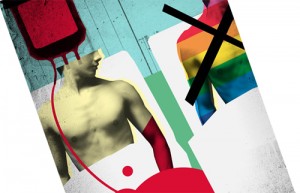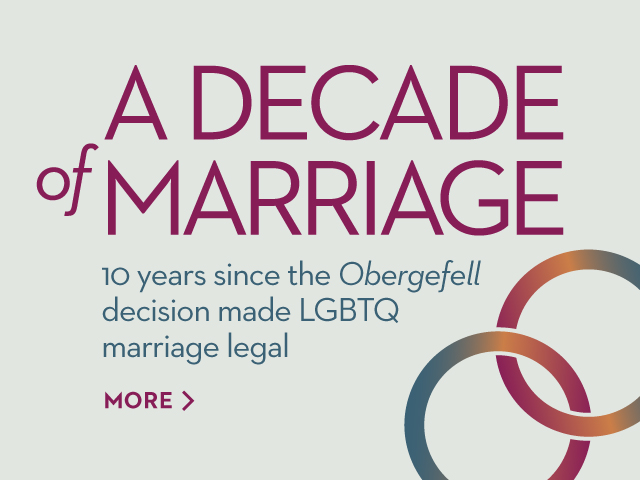
Although we are encouraged that the FDA is reconsidering its longstanding policy of indefinite deferral of men who have sex with men (MSM) from blood and blood products donation, the Revised Recommendations continue to fall short of the best practices recommended by the American Medical Association and other experts. Our comments focus on the need for further changes in the FDA recommendations to prevent the mistreatment of transgender people, who often are inappropriately prevented from donating blood or plasma based exclusively on their status as transgender. For example, in a case that gave rise to litigation, a plasma center in Minnesota denied a transgender woman and placed her on a comprehensive deferral list based on the erroneous assumption that she fit into the MSM deferral category.
As explained in our comments, some blood banks wrongly assume that they can bar all transgender people from donating, which not only results in the exclusion of qualified donors, but perpetuates damaging discrimination and stigma. Many transgender people have never engaged in any higher-risk sexual activity, thus making their blanket exclusion inconsistent with FDA policy and contrary to the goal of promoting public health and safety.
The submitted comments urge the FDA to clarify that transgender persons may not be categorically excluded and that their eligibility to donate should be assessed based on the same standards applied to others. These clarifications would move the FDA closer to treating transgender applicants equally and consistent with contemporary medical science and evidence.
NCLR is grateful for this opportunity to work with the FDA, underscoring how the agency can increase the number of eligible donors while simultaneously helping to reduce discrimination against LGBTQ persons.










